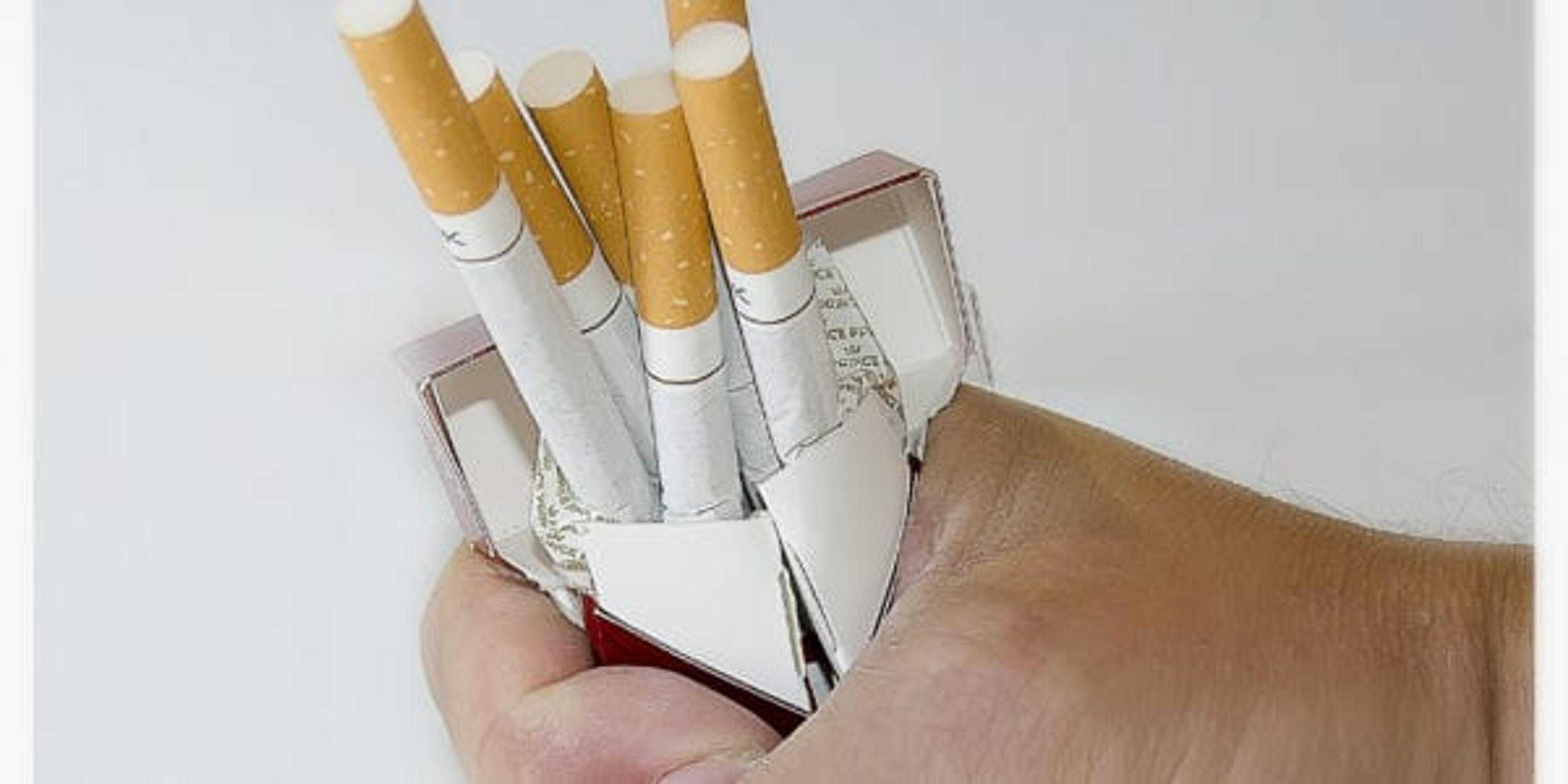You Can Quit Smoking, You Just Need to Know How
Guest Blogger
| 3 min read

First, let me say the obvious, which is that quitting smoking is really, really hard. But while it’s easy to think you’ll never be able to do it, I am here to tell you that it is entirely possible to quit. The key is to prepare yourself first so you can accomplish what you set out to do. So how do you do that? This list is a great place to start.
- Be really honest with yourself. Before you do anything else, you need to write down every single pro and con you can think of about quitting nicotine, including the process itself. What is it really going to take? You might get irritable, angry, anxious or frustrated. You might gain a little weight. Knowing what the risks are ahead of time means you won’t be surprised when they happen. As for the pros, go beyond the big picture health benefits. Yes it’s important that your risk for lung cancer will diminish greatly, but that might not be a powerful enough motivator. Think about how quitting will improve your life at this exact moment. Write down pros like that your teeth will be whiter, your breath will smell better and you won’t get as many colds.
- Throw everything you can at the problem. This isn’t the kind of lifestyle change where just one strategy will work. Use every helpful tool you can because you don’t know what will work for you until you try it. At the bare minimum, try some sort of medication—it can be something over the counter or prescribed by your doctor—and counseling over the phone or in person. Eligible Blue Care Network and Blue Cross Blue Shield of Michigan members have access to Quit the Nic, a free year-long telephone counseling program. If you aren’t eligible for that program, call the Michigan Tobacco Quitline at 1-800-QUIT-NOW.
- Plan ahead for cravings. No matter how well you’re doing, you are going to get hit with a craving for a cigarette. Make sure you know what to do when that happens. Have a bead in your pocket to fiddle with to keep your hands busy, pop sugar-free gum in your mouth or force yourself to go on a walk. Cravings are bad for about 15 minutes, so you just need to distract yourself long enough to get over that hump.
- Avoid tempting situations. What reminds you of your tobacco use? Is it ash trays? Get them off your tables. Are there places where you tend to smoke? Stop going there.
- Ask others to hold yourself accountable. Let people know you’re attempting to quit. Not only will they be more forgiving when you get irritable, but they can also support and encourage you when you need it. Plus, once you’ve told people, you will be held accountable in social situations. That means no more lighting up at a party since everyone there will know you are quitting.
- If you fail, try again. The average smoker has tried seven times unsuccessfully to quit before ultimately succeeding. And if he or she hadn’t tried that eighth time, they never would have done it. If you slip up, go right back to the beginning and start over again. Remember: You can do this.
For more help quitting, visit Blue Care Network’s Quit Tobacco Program, where you can download the quit guide and enter monthly drawings to win $250.
This blog was written by Dr. Duane DiFranco, Senior Medical Director of Blue Care Network.

Photo credit: Henrik Jensen





